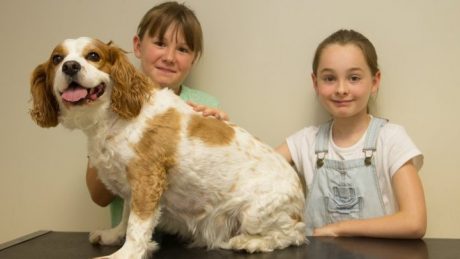
Written by Tamara Labelle for ExoticDirect pet insurance
- It’s estimated that 2% of UK households own a Guinea Pig.
- Guinea Pigs have 20 teeth. This includes the very prominent incisors that we all see, premolars and molars. They’re hidden by a Guinea Pig’s fatty cheeks, which make them very hard to see.
- Two of the most common Guinea Pig insurance claims seen by ExoticDirect are for dental problems, such as overgrown teeth that lead to dental deformities, pain and difficulty eating. And Gastric issues such as Gut stasis. Gut stasis is when a piggy’s gut stops contracting and moving. The conditions are often linked, being caused by a lack of fibre found in hay and grass in the diet.
- A baby Guinea Pig is called a Pup (pup).
- Like humans, Guinea Pigs can’t produce their own vitamin C. It needs to be supplied to them in their diet. Insufficient vitamin C will lead to the piggy developing Scurvy.
- Guinea pigs eat their own poo. Well the caecotrophs anyway. These are their soft droppings, and they’re full of goodness from their high fibre diet. They also produce a hard dropping which they don’t eat.
- Guinea Pigs shouldn’t eat buttercups, but they can eat brussels sprouts!
- The best temperature for Guinea Pigs is between 18 to 23 degrees Celsius. Too hot, and your piggy could get heatstroke, and too cold and it can get chilled.
- Guinea Pigs shouldn’t eat cut grass, as this can begin to ferment very quickly, giving your piggy an upset tummy.
- Guinea Pigs are very fertile, and if a male is left with multiple females, he will mate with them all. This was proven back in 2014, when a male Guinea Pig impregnated 100 females at Hatton Adventure World in Warwick, after ending up in the female enclosure.
ExoticDirect pet insurance insure small pets, lizards, snakes, tortoises, birds and other exotic-y pets such as pygmy hedgehogs and ferrets.




Please note that I am unable to answer veterinary questions in comments. If you have questions or concerns about your pet's health it is always better to contact your vet.